Radiator Repair in Lexington, KY
- CELEBRATING 46 YEARS
- Family Owned & Operated
- All Makes & Models
- CELEBRATING 46 YEARS
- Family Owned & Operated
- All Makes & Models
Contact Us
Radiator Repair - Keep Your Engine Cool Under Pressure
David learned about radiator problems the hard way during last summer’s heat wave. His temperature gauge was climbing toward the red zone on his way to work when steam started pouring from under his hood. A small leak in his radiator had turned into a major cooling system failure. After we repaired the leak and flushed his cooling system, David made sure to check his coolant level regularly. “I never realized how fast overheating can destroy an engine,” he said.
Our Services
Contact Us
What Your Neighbors Are Saying About Us
They truly care about offering the right service and doing it at a very fair price. They were patient to explain everything in detail and had my car fixed same day. Their honesty and great service will keep me coming back for all of my car needs. A solid repair shop that will be my first choice going forward.
Could not be happier with the recent service I received at Powers Transmissions! David and his team are very knowledgeable and pleasant to work with. It’s nice to have the peace of mind knowing everything is done correctly. Very happy with the experience and highly recommend!
What stood out to me was their willingness to listen to my concerns over the phone and provide an accurate estimate for the repair timeline. Unlike some places, they didn't try to deceive me just to get me in the door. You can genuinely sense their passion for their work and helping customers.
Wow, excellent job. My HUMMER H2 runs so good. Now the Transmission can pull a barn down I have known Mr. powers for years. He is a stand up guy if he says something you can take it to the bank. I'm very happy.
Powers Transmissions took over and had my car done in less than a week. They worked with my warranty company and kept me updated on everything that was happening. Completely professional and competent unlike the first place I went! Thank you for all your help!
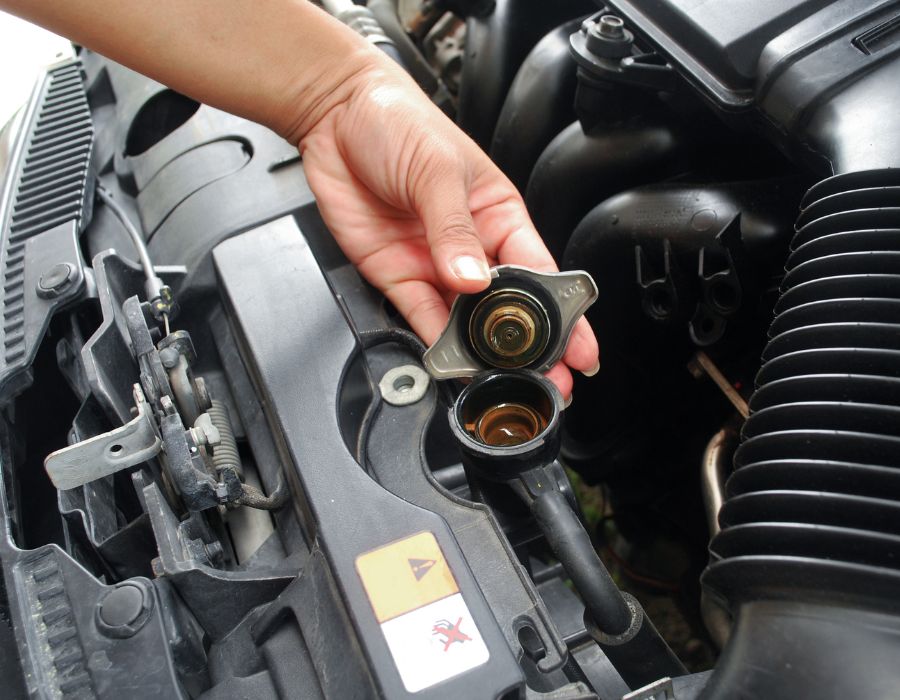
How Your Radiator Works
Your radiator is the heart of your vehicle’s cooling system. It removes heat from engine coolant by passing hot coolant through thin tubes surrounded by cooling fins. Air flowing through the radiator carries away heat, cooling the coolant before it returns to your engine.
Modern engines run hot – often around 200 degrees Fahrenheit. Without proper cooling, your engine would overheat and seize within minutes. Your radiator works with the water pump, thermostat, and cooling fans to maintain safe operating temperatures.
Common Radiator Problems
- Coolant Leaks: Small leaks often start at radiator seams or where plastic tanks meet the aluminum core. Road debris can also puncture the thin cooling fins.
- Clogs and Blockages: Over time, rust, scale, and debris can clog radiator tubes, reducing cooling efficiency. This forces your engine to run hotter than normal.
- Radiator Cap Failure: A bad radiator cap can’t maintain proper system pressure, leading to coolant loss and overheating.
- Corrosion Damage: Old coolant becomes acidic and can corrode radiator tubes and tanks from the inside. External corrosion from road salt and moisture also damages radiators.
- Fan Problems: Electric cooling fans that don’t work properly can cause overheating in stop-and-go traffic, even if the radiator itself is fine.
- Thermostat Issues: A stuck thermostat can prevent coolant from flowing through the radiator, causing rapid overheating.
Signs Your Radiator Needs Attention
- Engine Overheating: If your temperature gauge runs hot or you see steam from under the hood, your cooling system isn’t working properly.
- Coolant Leaks: Puddles of green, orange, or pink fluid under your parked car indicate coolant leaks. Even small leaks can lead to overheating.
- White Exhaust Smoke: Coolant burning in your engine creates thick white smoke from the exhaust. This can indicate serious internal engine damage.
- Milky Oil: If coolant mixes with engine oil, you’ll see a milky substance on the oil dipstick or oil cap. This requires immediate attention.
- Sweet Smell: Burning coolant has a distinctive sweet smell. If you smell this while driving, check your temperature gauge immediately.
- Low Coolant Levels: If you’re frequently adding coolant, you have a leak somewhere in the system that needs repair.
- Poor Heater Performance: If your heater doesn’t work well, your cooling system might have air pockets or circulation problems.
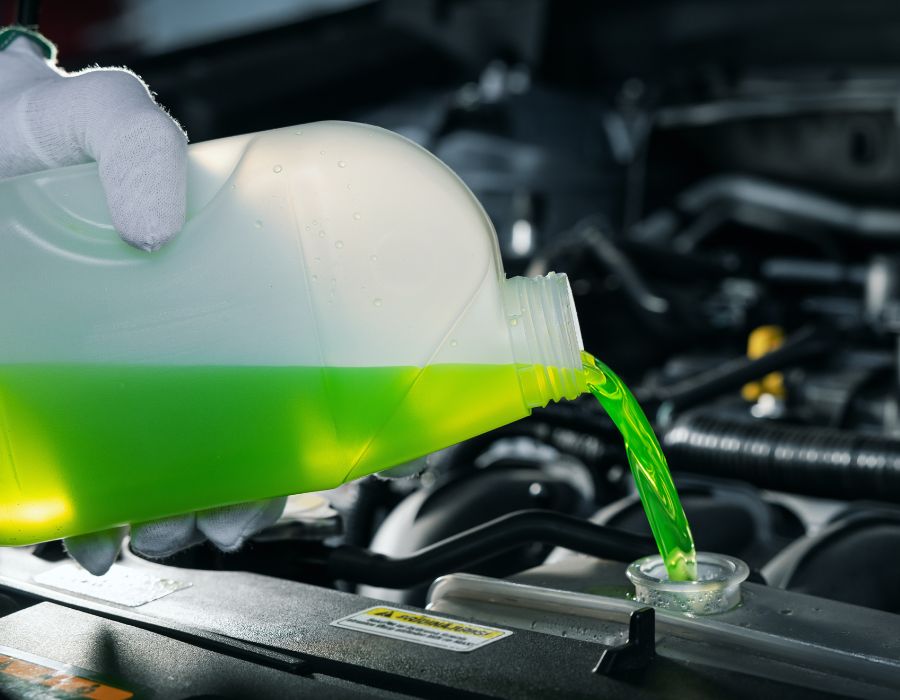
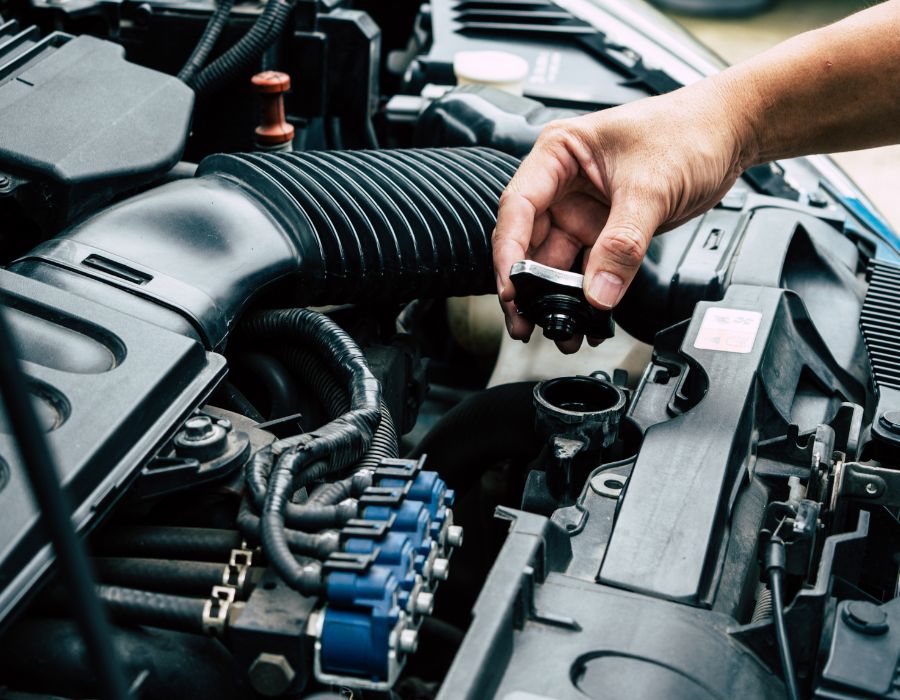
Our Radiator Repair Process
When you bring your vehicle in with cooling system problems, we perform complete system diagnostics:
- Pressure Testing: We pressure test the cooling system to locate leaks that might not be visible during normal operation.
- Coolant Analysis: We test coolant condition to check for contamination, proper mixture, and chemical breakdown.
- Thermostat Testing: We verify that your thermostat opens and closes at the correct temperatures.
- Fan Operation Check: We test electric cooling fans and temperature sensors to ensure proper operation.
- Flow Testing: We check coolant circulation through the radiator and engine to identify blockages.
- Visual Inspection: We examine all cooling system components for leaks, corrosion, and damage.
Types of Radiator Repairs
- Leak Repair: Small leaks can sometimes be repaired with professional sealants or by soldering damaged areas. Larger leaks typically require radiator replacement.
- Core Cleaning: We can chemically clean radiator cores to remove deposits and restore proper coolant flow.
- Tank Replacement: Some radiators have replaceable plastic tanks that can be changed without replacing the entire unit.
- Complete Replacement: Severely damaged or old radiators need complete replacement. We install quality radiators that meet your vehicle’s cooling requirements.
- Cap and Hose Service: We replace radiator caps and hoses as needed to ensure proper system pressure and circulation.
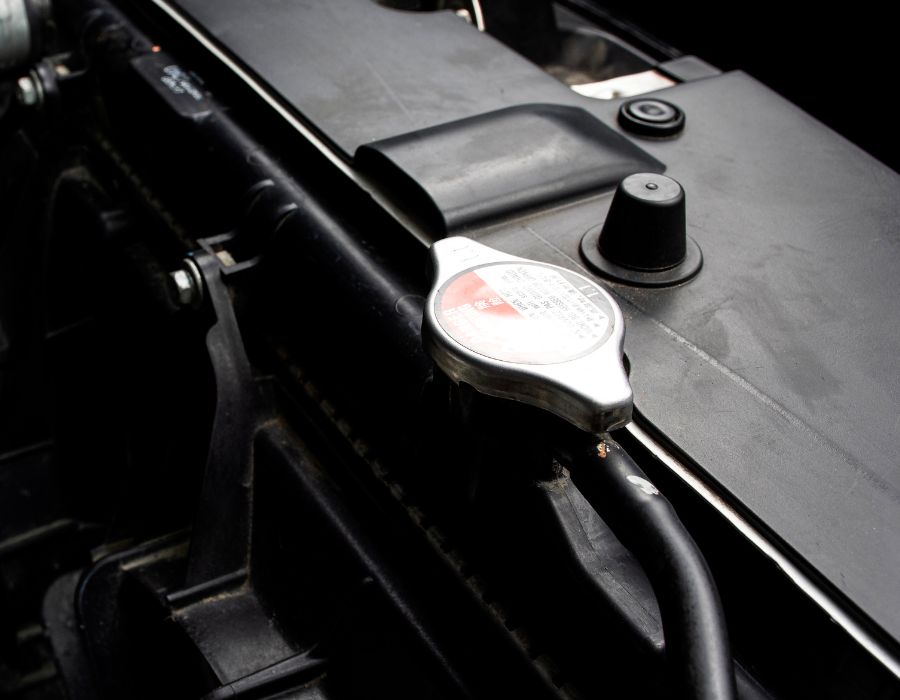
Seasonal Radiator Considerations
- Summer Stress: Hot weather puts maximum stress on cooling systems. If your radiator has marginal problems, summer heat will reveal them quickly.
- Winter Preparation: Proper antifreeze mixture prevents freezing damage. We test coolant freeze protection and adjust the mixture as needed.
- Spring Inspection: Winter road salt and debris can damage radiators. Spring is a good time to inspect for winter damage and flush out accumulated debris.
- Fall Maintenance: Preparing your cooling system for winter includes checking coolant condition, testing the thermostat, and ensuring proper freeze protection.
Coolant Types and Compatibility
- Traditional Green Coolant: The old standard that works in most older vehicles. Usually needs changing every 2-3 years.
- Extended Life Coolants: Orange, red, or yellow coolants that last 5 years or 100,000 miles. Don’t mix different coolant types without flushing the system.
- Universal Coolants: Designed to work with any cooling system, but it’s still best to use the type specified by your vehicle manufacturer.
- Concentrated vs Pre-Mixed: Concentrated coolant must be mixed with distilled water in the correct ratio. Pre-mixed coolant is ready to use but costs more.
Preventing Radiator Problems
- Regular Coolant Changes: Follow your manufacturer’s recommendations for coolant replacement. Old coolant becomes acidic and damages radiator components.
- Check Levels Regularly: Monitor coolant levels when the engine is cold. Low levels indicate leaks or other problems.
- Keep It Clean: Wash debris from radiator fins regularly. Leaves, bugs, and dirt reduce cooling efficiency.
- Address Leaks Quickly: Small leaks become big problems. Have cooling system leaks repaired promptly to prevent overheating damage.
- Use Quality Coolant: Cheap coolant doesn’t protect as well as quality products. Use coolant that meets your vehicle manufacturer’s specifications.
Emergency Overheating Procedures
If your engine overheats while driving:
- Turn off air conditioning and turn on the heater to help cool the engine
- Pull over safely as soon as possible
- Turn off the engine and let it cool completely before checking coolant levels
- Never remove the radiator cap from a hot engine – the pressurized coolant can cause severe burns
- Add coolant only after the engine cools down
- Drive directly to our shop for proper diagnosis

Cost Considerations
Radiator repairs range from simple $30 cap replacements to $800 complete radiator installations. Most repairs fall in the $200-400 range. Radiator replacement is often more cost-effective than attempting to repair severely damaged units.
Quality radiators last longer and cool better than cheap alternatives. We help you choose the right radiator for your vehicle and driving conditions.
Why Choose Our Radiator Service
We’ve been solving cooling system problems for over 15 years. Our technicians understand how different driving conditions in this area affect cooling systems, from summer heat to winter freeze-thaw cycles.
We stock quality radiators for most vehicles and can complete many repairs the same day. When custom work is needed, we have the experience to find solutions that keep your engine cool and reliable.

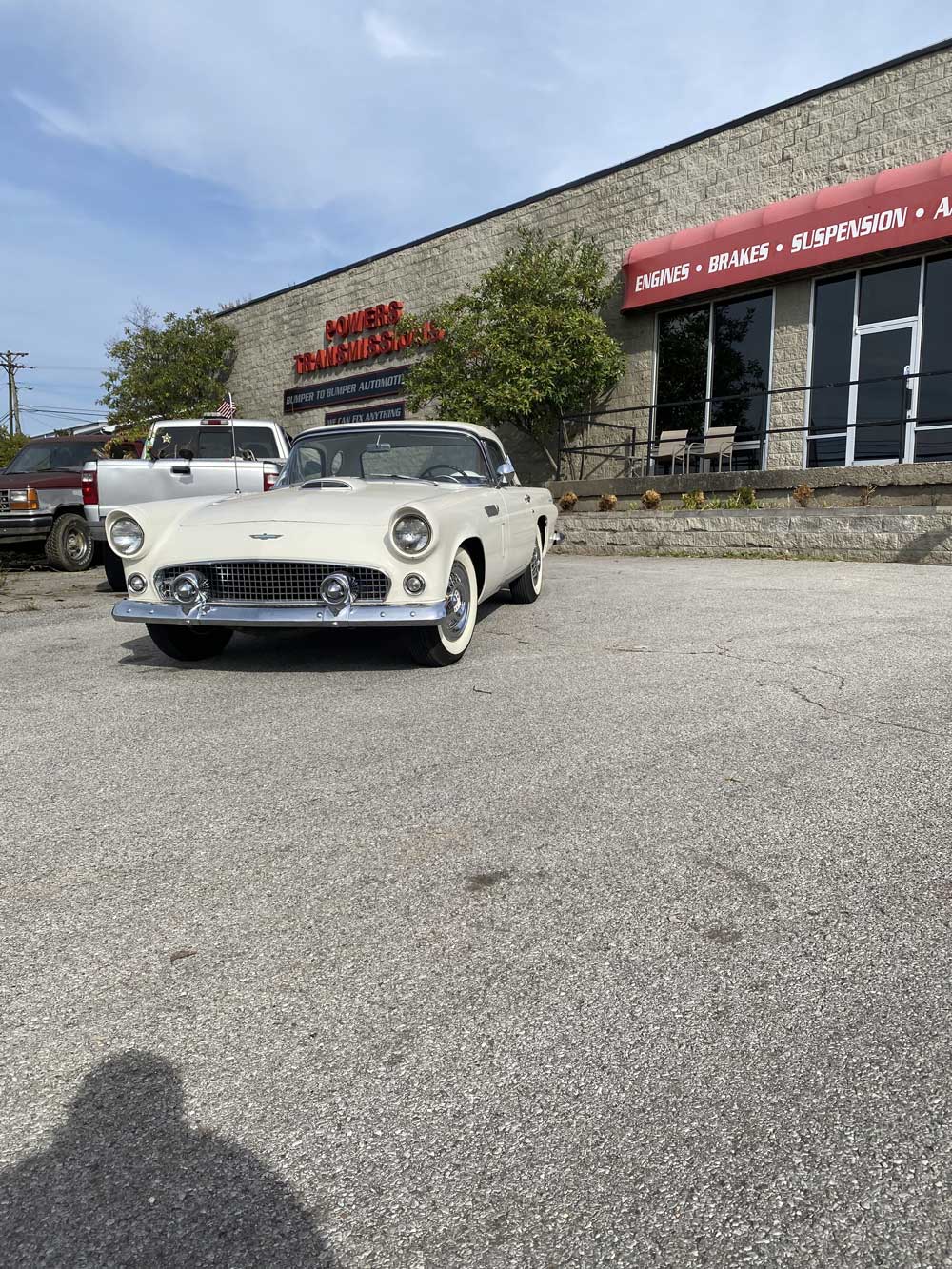
Schedule Your Cooling System Check
Don’t wait for overheating to damage your engine. If you’re seeing coolant leaks, running hot, or approaching your coolant change interval, give us a call. We provide thorough cooling system inspections and honest recommendations about what needs attention and what can wait. Keeping your cooling system healthy protects your engine and prevents expensive repairs.
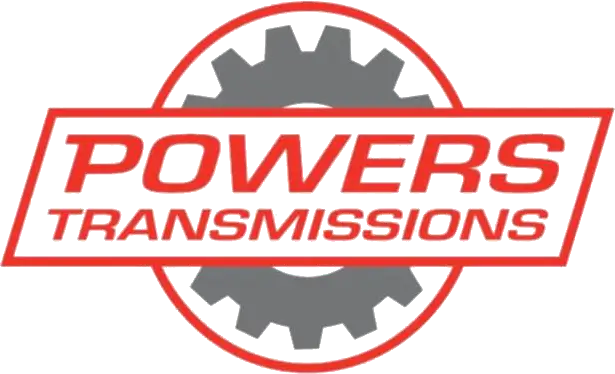
Areas We Serve
- Winchester Lexington
- Lane Allen Lexington
